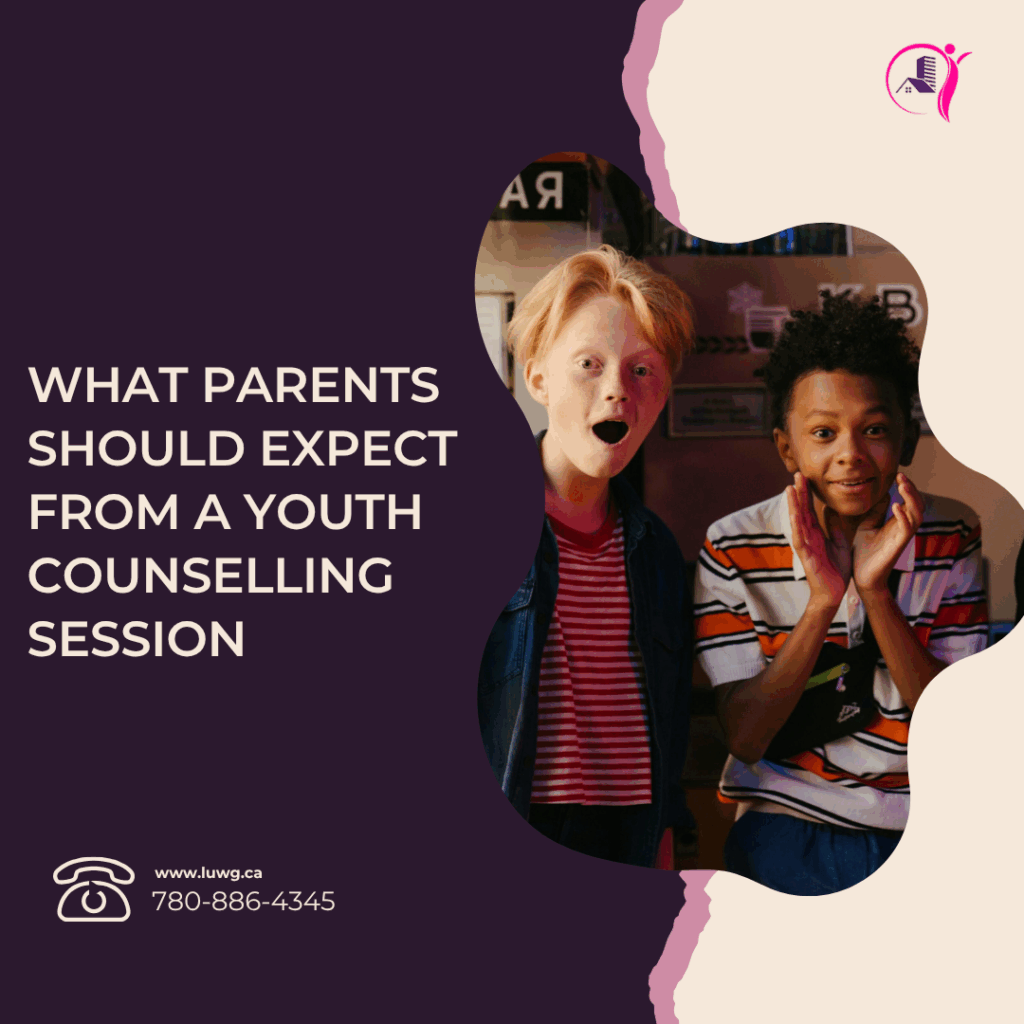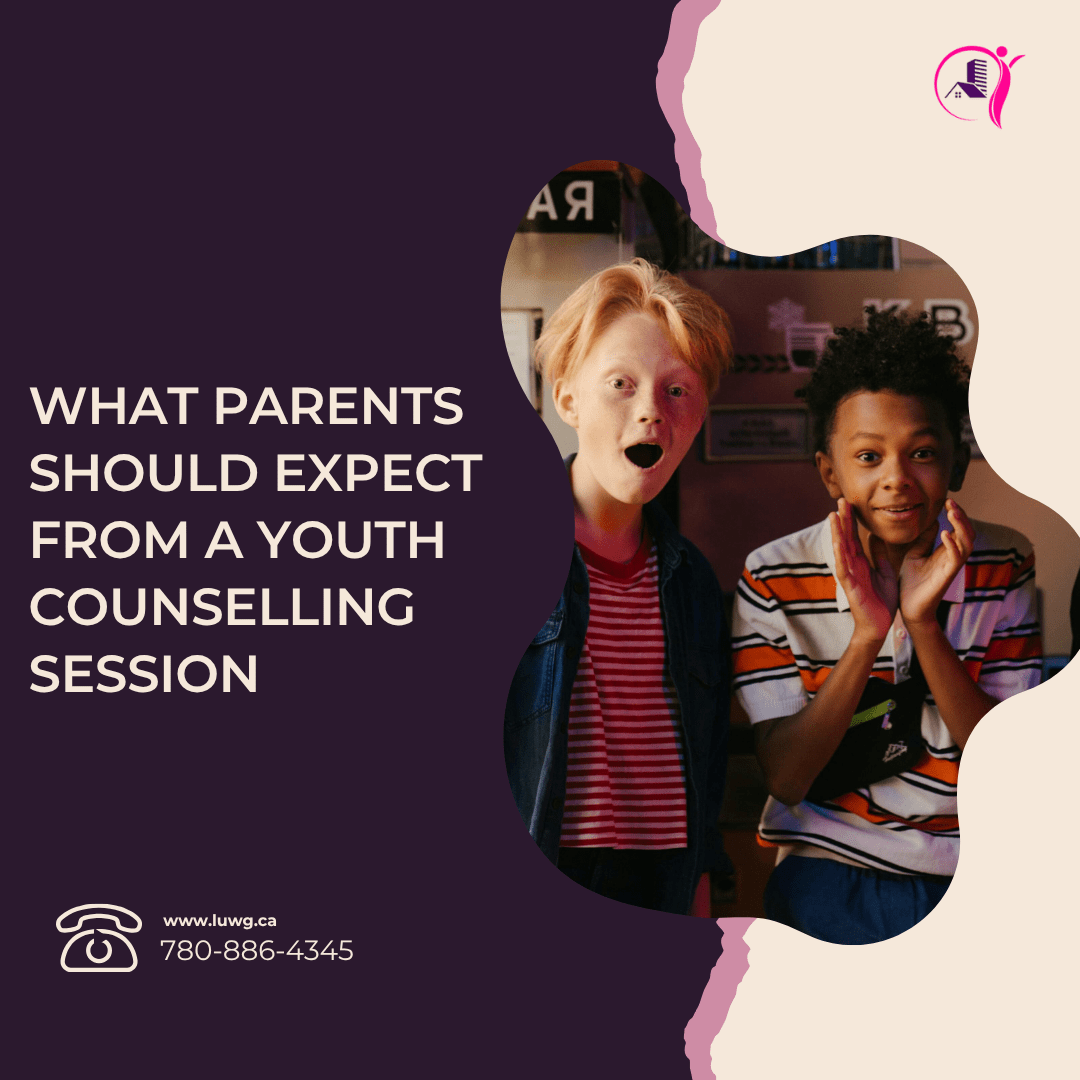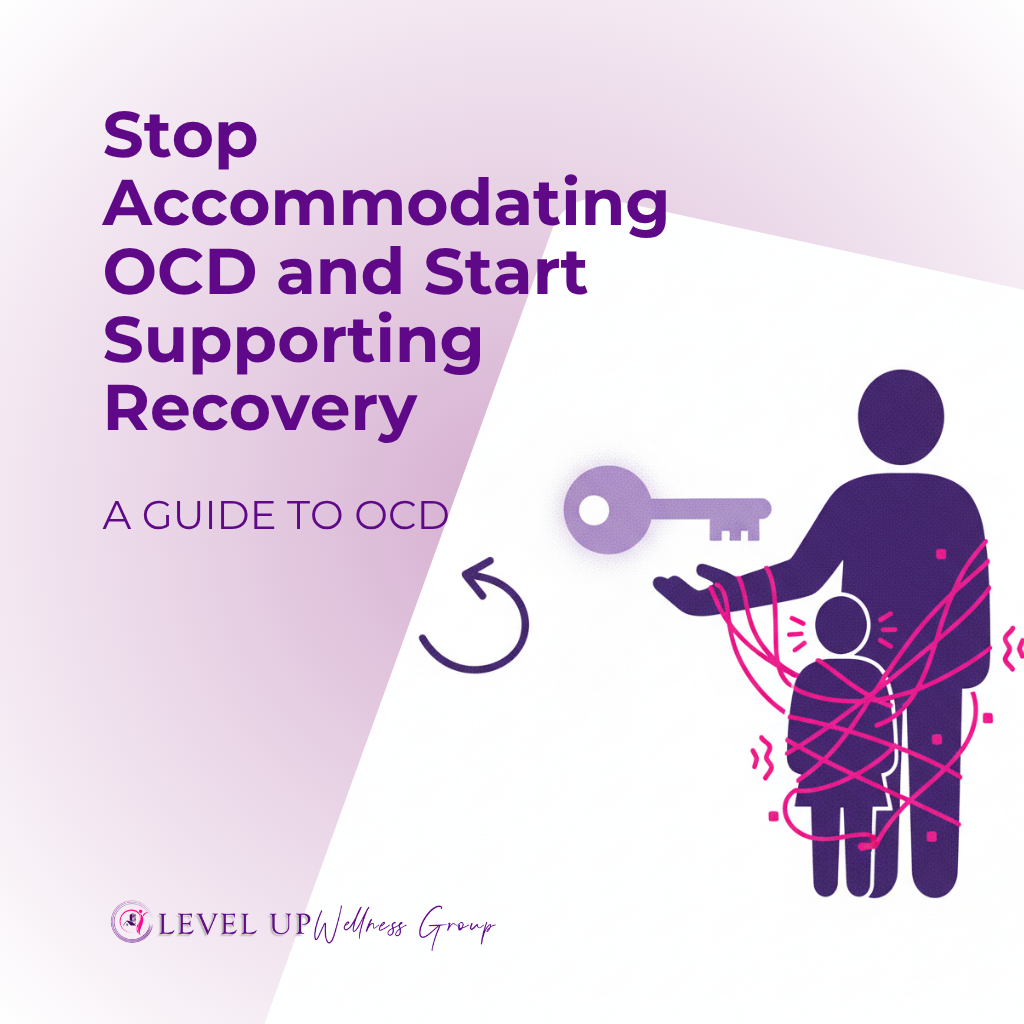
When your child or teen begins counselling, it’s natural to feel a mix of hope, concern, and curiosity. You want them to feel better, grow stronger, and find tools to navigate life’s challenges. But if this is your first time exploring youth therapy, you may also be wondering: What exactly happens in these sessions? Will I be involved? How can I best support my child?
This guide will walk you through what to expect before, during, and after a youth counselling session — and how to play a supportive, confident role throughout the process.
Why Youth Counselling Matters
Youth counselling provides a safe, supportive environment for children and teens to explore their emotions, build resilience, and work through challenges that may be impacting their mental health, relationships, or daily functioning. These might include:
- Anxiety, depression, or mood swings
- Grief or trauma
- Family conflict or parental separation
- Social difficulties or bullying
- Behavioural challenges
- Life transitions (e.g., changing schools, identity development)
Counselling isn’t about labeling or fixing your child. It’s about helping them discover inner strengths and coping strategies, guided by a trained professional who understands how to engage young minds at their developmental level.

Before the First Session: What to Know
The first step in the process is typically an intake session or consultation. This is where the therapist gathers background information about your child’s history, current struggles, and goals for therapy. You may be asked to complete questionnaires or attend an initial parent-only session.
Confidentiality and Consent
Therapists will explain the rules of confidentiality, which vary depending on your child’s age and your province’s legal guidelines. Generally:
- For children under 12, parents are usually more involved and have access to most information.
- For teens (especially 14+), confidentiality is taken more seriously. Therapists often won’t share session content unless there’s a safety concern or unless your teen gives permission.
This can feel difficult as a parent, but respecting confidentiality helps teens feel secure — and often leads to better outcomes.
Preparing Your Child or Teen
Before the session, speak to your child in a calm, age-appropriate way. You might say:
- “You’ll be meeting someone who helps kids talk about their feelings.”
- “It’s okay to be nervous — you can talk about whatever you want, or not talk at all.”
Reassure them that therapy is not a punishment — it’s a tool for support, like going to a doctor when you’re feeling physically unwell.
The First Counselling Session
The first session is typically focused on building rapport. The therapist may spend time helping your child or teen feel safe, heard, and understood before diving into deeper topics.
For Younger Children
- Sessions may involve play therapy, drawing, or storytelling.
- The therapist observes how your child plays, which reveals emotional patterns and concerns.
For Teens
- Sessions are often talk-based but may include activities like journaling or mindfulness exercises.
- The therapist will focus on establishing trust and letting the teen lead the pace of disclosure.
Parental Involvement
You may be invited in at the beginning or end of the session to provide updates or ask questions. Some therapists schedule separate check-ins with parents periodically, while others offer updates only when necessary.
Parent Involvement: What’s Your Role?
Parents often wonder: Should I be in the room? How much should I know? What if my child says something I disagree with?
The truth is, your role is important, even if it’s more behind the scenes. Here’s how to support effectively:
Be Available — Not Intrusive
Avoid pressuring your child to share every detail. Instead, ask:
- “How was it today?”
- “Do you want to talk about anything?”
Respect their privacy if they’re not ready to talk.
Communicate with the Therapist
If you notice changes at home or have concerns, share them during scheduled check-ins or via email. Your insights can help guide the therapy work.
Stay Neutral
Try not to judge or overreact to what your child shares about therapy. Even difficult emotions are valid and part of the healing process.

What to Expect in Ongoing Sessions
Therapy is not a quick fix. Some children open up quickly; others need more time to build trust. Some sessions may seem “quiet” or uneventful — that’s okay. Progress can be slow, subtle, and non-linear.
Expect your child to:
- Become more aware of their emotions
- Learn new coping skills
- Experiment with setting boundaries or expressing themselves
- Occasionally resist or disengage from therapy — a normal part of the process
Consistency is key. Even when it seems like nothing is changing, foundational work is being done.
Common Questions Parents Ask
Will I get updates on my child’s progress?
What if my child refuses to go?
How long does therapy take?
What if I don’t like the therapist’s approach?
Supporting Your Child Between Sessions
Counselling is most effective when it’s reinforced at home. You can help by:
- Creating space to talk — not forcing it, just being open.
- Modeling emotional regulation — managing your own stress helps your child feel secure.
- Respecting their autonomy — especially with teens who need space to process.
Following through on recommendations — such as behavior plans or routines suggested by the therapist.
When to Re-Evaluate or Follow Up
Therapy should lead to gradual improvements in your child’s emotional well-being, relationships, or coping skills. If you notice:
- No change after several months
- Increased distress
- Your child consistently dreads sessions
… then it’s time to check in with the therapist to review goals and next steps.
Sometimes a different therapeutic approach, or even a new therapist, is needed — and that’s okay. Progress looks different for every child.

Final Thoughts
Starting counselling is a brave and powerful step — for your child, and for you as a parent. By understanding what to expect, staying engaged, and trusting the process, you’re helping to create a stable foundation for your child’s emotional growth.
Remember, you don’t need to have all the answers. Your presence, support, and willingness to walk alongside your child in this journey are more than enough.
If you’re considering youth counselling and don’t know where to start, don’t hesitate to reach out to a licensed mental health provider near you. Therapy is not just about challenges — it’s about building resilience, confidence, and lasting emotional tools for life.





